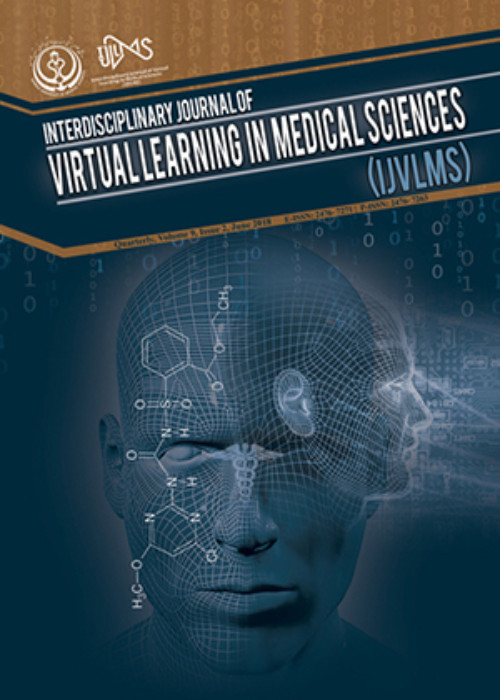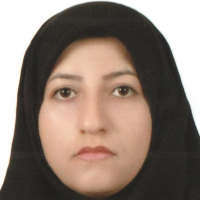A Study on the Roles of Virtual Networks and Diaspora in Elite Brain Mobility and Circulation: A Mixed Method Study
Article Type:
Research/Original Article (دارای رتبه معتبر)
Abstract:
Background
Brain mobility is an alternative word for brain drain. Today, brain drain is considered as a major loss that has a very harmful effect on developing countries. The brain movement, and inverse immigration depends a lot on policies adopted in the countries of origin. This research was conducted with the aim of investigating the role of virtual networks and diaspora in elite brain mobility and circulation in Iran. Methods
This study was conducted using a mixed-method approach based on sequential exploratory strategy in 2018. In qualitative section a semi-structured interview was conducted with 19 former graduates who had returned back to Iran. The theoretical saturation was reached via a purposeful sampling and maximum variation by applying conventional content analysis method processes. In the quantitative section, a questionnaire was developed and its validity and reliability was tested and verified for data collection. The questionnaire was distributed among a random sample of 285 physicians out of a target population of 1100 physician returnees. Only 158 participated in the study by returning the completed questionnaire. In addition, the data were reviewed by applying descriptive-survey method, and content analysis was used to analyze the collected data. Results
Regarding the theme of inclusive elite brain mobility and circulation, the results are indicative of the existence of 18 basic themes, and 4 organizing themes including: cultural strategies, educational and research strategies, management strategies, social and economic strategies, and 1 global theme. The Basic Islamic Cultural Requirement theme (with a factor of 0.83, P<0.001) is the best descriptor for elite brain circulation and movement. Conclusion
Developing countries not only should send their elite medical graduates abroad to gain professional experiences, but also they should try to motivate them for inverse migration to their homeland by creating and promoting Diaspora networks.Keywords:
Language:
English
Published:
Interdisciplinary Journal of Virtual Learning in Medical Sciences, Volume:10 Issue: 3, Sep 2019
Pages:
49 to 60
magiran.com/p2050639
دانلود و مطالعه متن این مقاله با یکی از روشهای زیر امکان پذیر است:
اشتراک شخصی
با عضویت و پرداخت آنلاین حق اشتراک یکساله به مبلغ 1,390,000ريال میتوانید 70 عنوان مطلب دانلود کنید!
اشتراک سازمانی
به کتابخانه دانشگاه یا محل کار خود پیشنهاد کنید تا اشتراک سازمانی این پایگاه را برای دسترسی نامحدود همه کاربران به متن مطالب تهیه نمایند!
توجه!
- حق عضویت دریافتی صرف حمایت از نشریات عضو و نگهداری، تکمیل و توسعه مگیران میشود.
- پرداخت حق اشتراک و دانلود مقالات اجازه بازنشر آن در سایر رسانههای چاپی و دیجیتال را به کاربر نمیدهد.
دسترسی سراسری کاربران دانشگاه پیام نور!
اعضای هیئت علمی و دانشجویان دانشگاه پیام نور در سراسر کشور، در صورت ثبت نام با ایمیل دانشگاهی، تا پایان فروردین ماه 1403 به مقالات سایت دسترسی خواهند داشت!
In order to view content subscription is required
Personal subscription
Subscribe magiran.com for 70 € euros via PayPal and download 70 articles during a year.
Organization subscription
Please contact us to subscribe your university or library for unlimited access!




